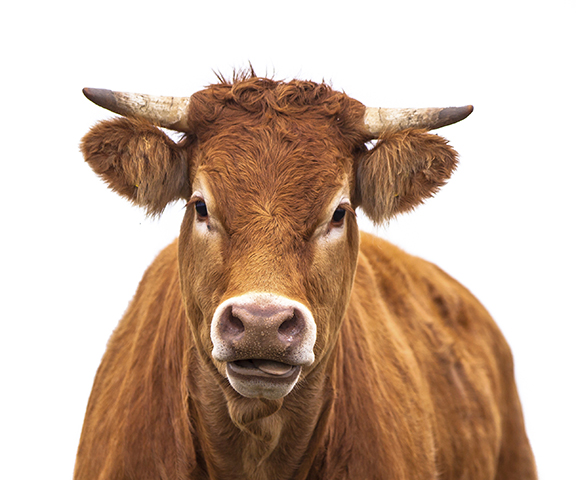A recent story by Susan Mann in Better Farming points out that non-regulated drug imports currently make up 13 per cent of the veterinary drugs used in Canada.
She quotes Canadian Animal Health Institute president, Jean Szkotnicki as warning that veterinary drug importation programs enable Canadian livestock farmers to directly import drugs that may be counterfeit and that do not have Health Canada approval.
“The importation and use of (bulk) active pharmaceutical ingredients is being done by both veterinarians and pharmacists who are directing the product into veterinary medicine both at the food and companion animal level,” she says.
While it’s true that counterfeit drugs create much bigger problems in developing countries, Szkotnicki says she wants to see stricter border controls as the industry removes growth promotion claims from labeling on licensed antimicrobial products that are considered important in human medicine. It is part of the process of addressing overuse of antibiotics in food animals and how that may contribute to antimicrobial resistance in humans.
The World Health Organization for Animal Health (OIE), issued a press release in January stating that counterfeit veterinary drugs play “a dangerous role in global antimicrobial resistance.”
Counterfeit drugs constitute as much as 80 per cent of the veterinary drugs used in some countries.









